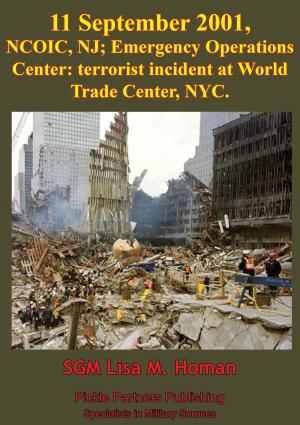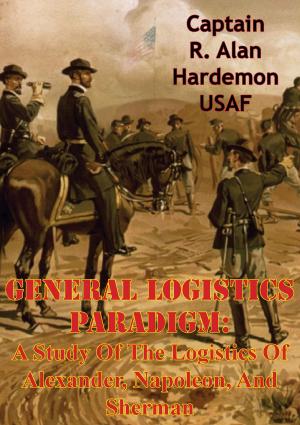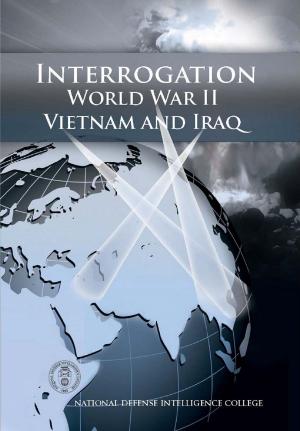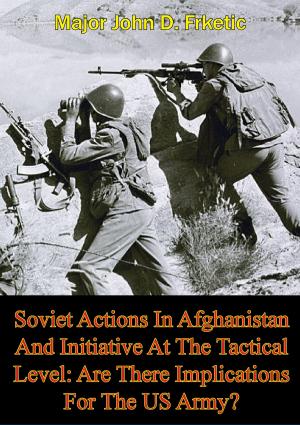Ensuring The Continued Relevance Of Long Range Surveillance Units
Nonfiction, History, Middle East, Persian Gulf War, Military| Author: | Major Valery C. Keaveny Jr. | ISBN: | 9781786253446 |
| Publisher: | Tannenberg Publishing | Publication: | November 6, 2015 |
| Imprint: | Tannenberg Publishing | Language: | English |
| Author: | Major Valery C. Keaveny Jr. |
| ISBN: | 9781786253446 |
| Publisher: | Tannenberg Publishing |
| Publication: | November 6, 2015 |
| Imprint: | Tannenberg Publishing |
| Language: | English |
Long Range Surveillance Units (LRSUs) provide a unique and necessary capability to today’s commanders and to commanders who will fight in the future. In looking to the future operational environment, LRSUs must ensure their ability to operate across the full spectrum of operations at a rapid tempo and in a short-notice, force projection Army. Current LRSU doctrine is primarily built around the AirLand Battle doctrine of the Cold War, a conventional threat, linear battlefield, and employment at great distances behind enemy lines. As a result, LRSU doctrine and Tactics, Techniques, and Procedures (TTPs) require update or change. These changes will ensure continued LRSU relevance and their maximum effectiveness.
This study identifies an increased and unaddressed emphasis on target acquisition, Stability and Support Operations, and operations in urban environments. These operations lend themselves to non-traditional and creative tasking of LRSUs and will necessitate increased requirements for friendly unit coordination, vehicular insertion, and potential task organization of reconnaissance elements.
This study recommends changes to doctrine, tactics, techniques, procedures, and training based on lessons learned by LRSUs on recent operational missions and the lessons of similar units. These changes require proponent leadership, LRS community teamwork, and warrant additional Army oversight and assistance.
Long Range Surveillance Units (LRSUs) provide a unique and necessary capability to today’s commanders and to commanders who will fight in the future. In looking to the future operational environment, LRSUs must ensure their ability to operate across the full spectrum of operations at a rapid tempo and in a short-notice, force projection Army. Current LRSU doctrine is primarily built around the AirLand Battle doctrine of the Cold War, a conventional threat, linear battlefield, and employment at great distances behind enemy lines. As a result, LRSU doctrine and Tactics, Techniques, and Procedures (TTPs) require update or change. These changes will ensure continued LRSU relevance and their maximum effectiveness.
This study identifies an increased and unaddressed emphasis on target acquisition, Stability and Support Operations, and operations in urban environments. These operations lend themselves to non-traditional and creative tasking of LRSUs and will necessitate increased requirements for friendly unit coordination, vehicular insertion, and potential task organization of reconnaissance elements.
This study recommends changes to doctrine, tactics, techniques, procedures, and training based on lessons learned by LRSUs on recent operational missions and the lessons of similar units. These changes require proponent leadership, LRS community teamwork, and warrant additional Army oversight and assistance.
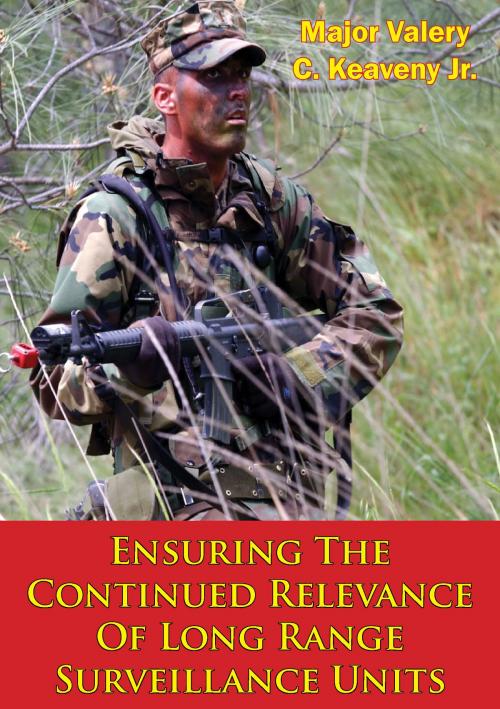
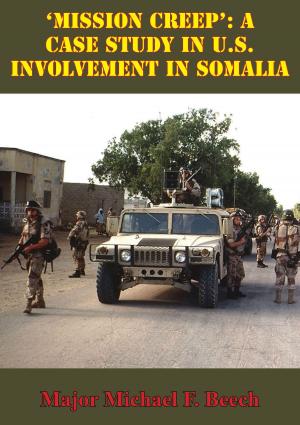


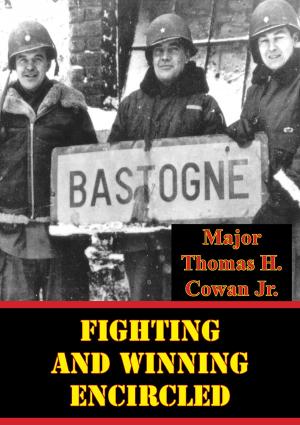
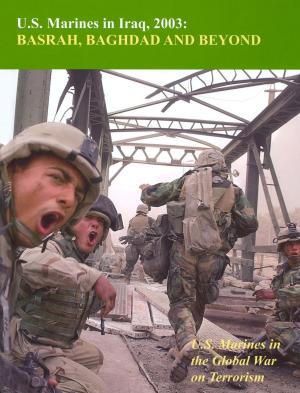
![Cover of the book Wanat : Combat Action In Afghanistan, 2008 [Illustrated Edition] by Major Valery C. Keaveny Jr.](https://www.kuoky.com/images/2014/august/300x300/9781782894940-TjlN_300x.jpg)
